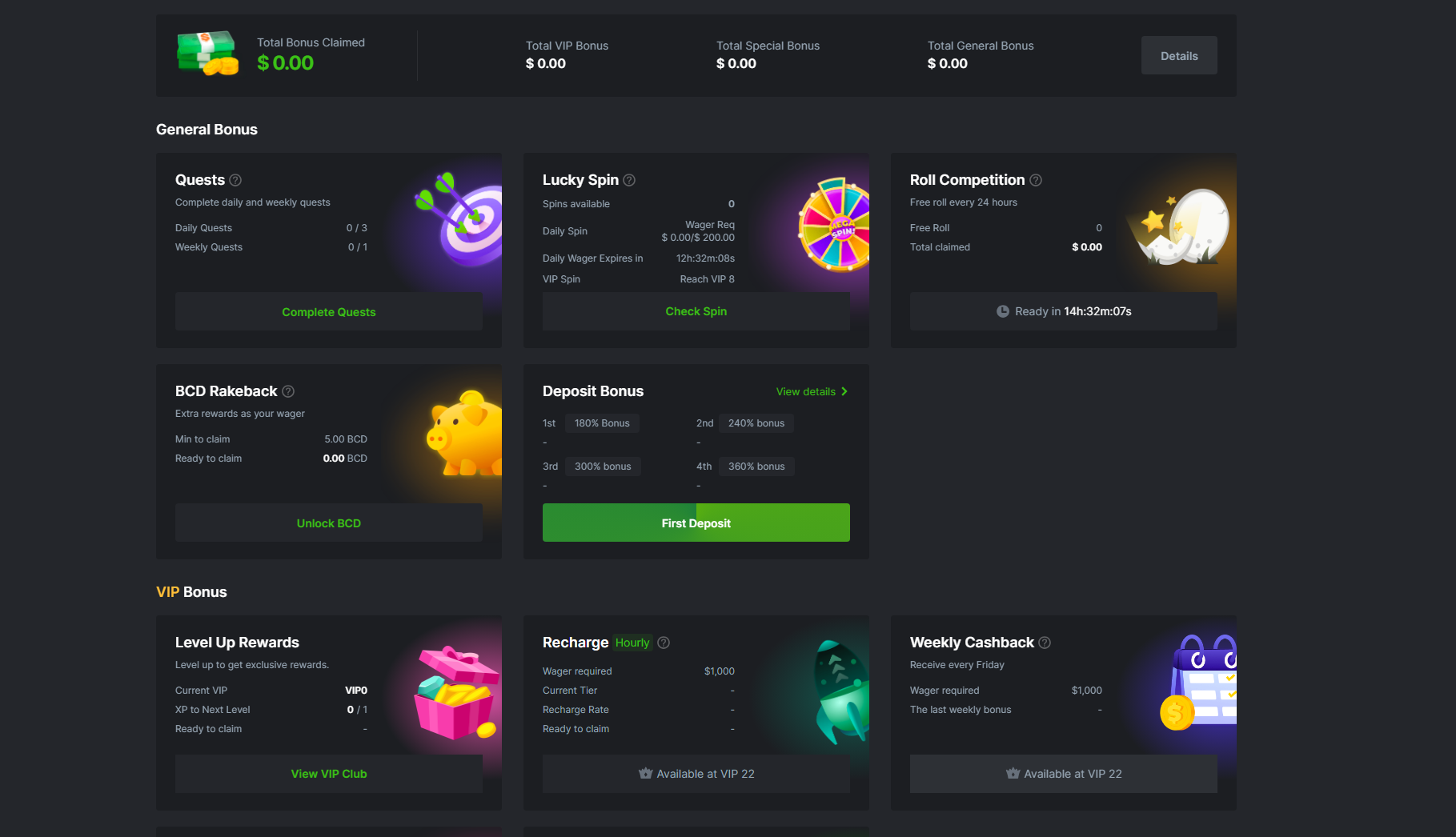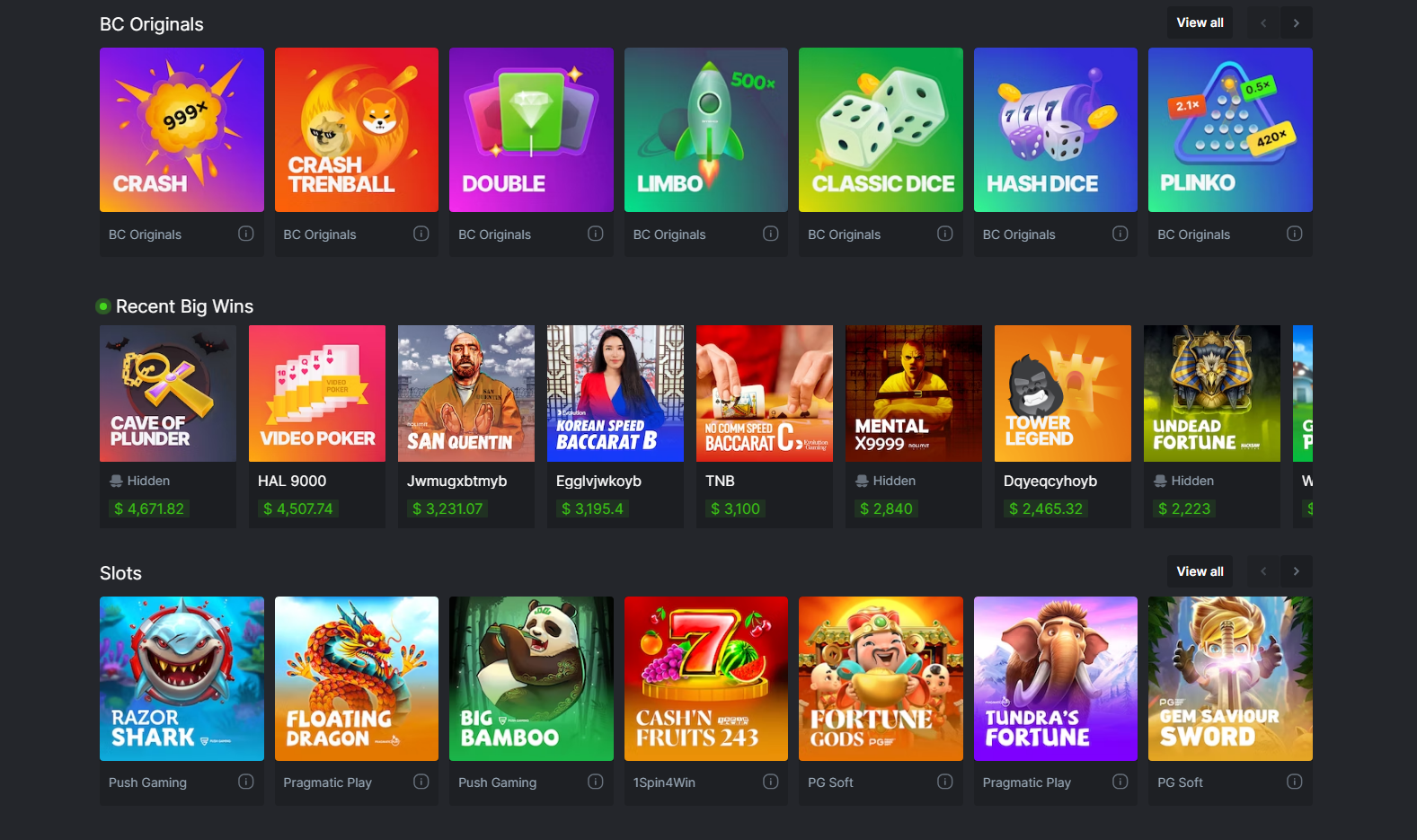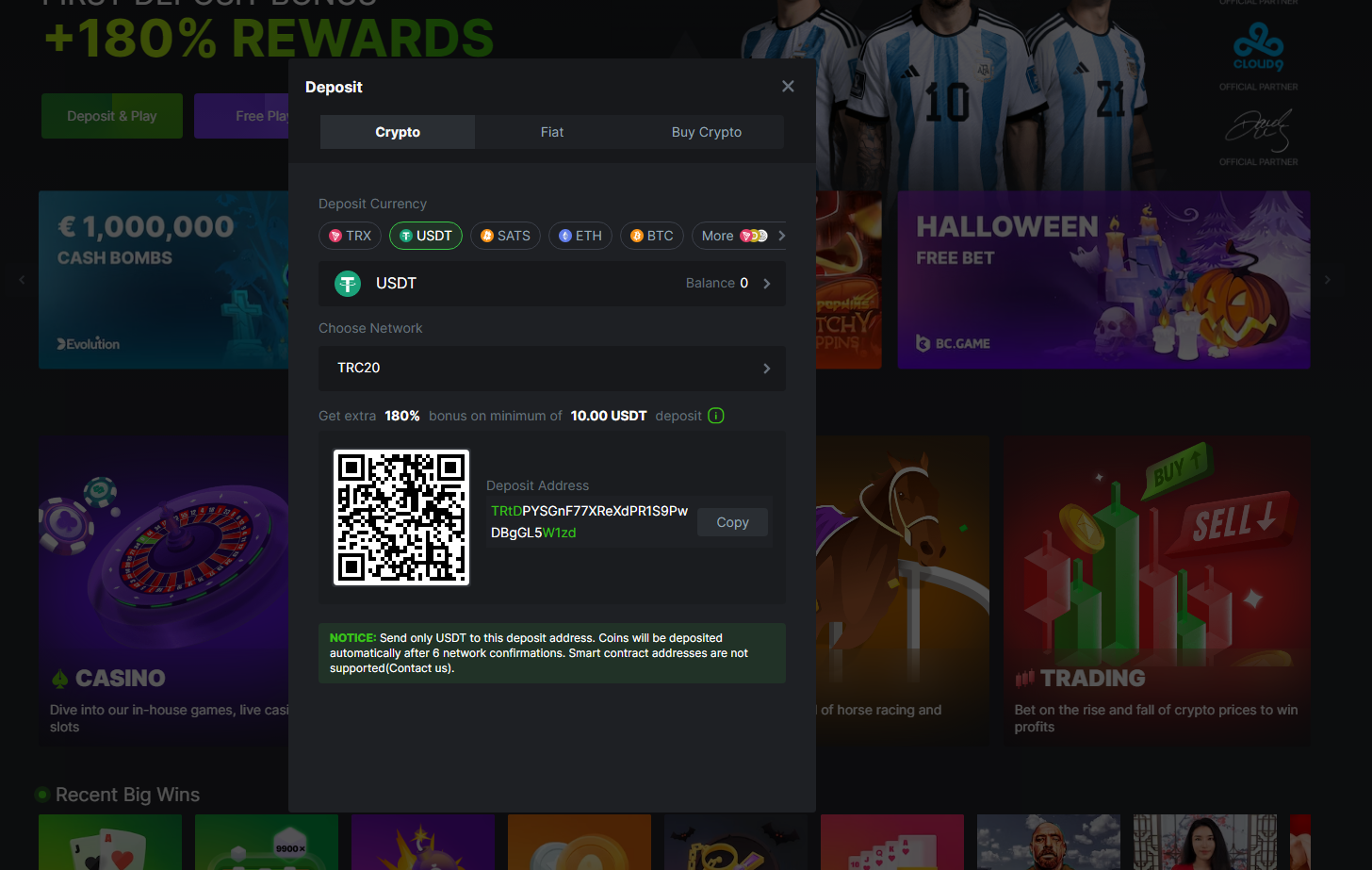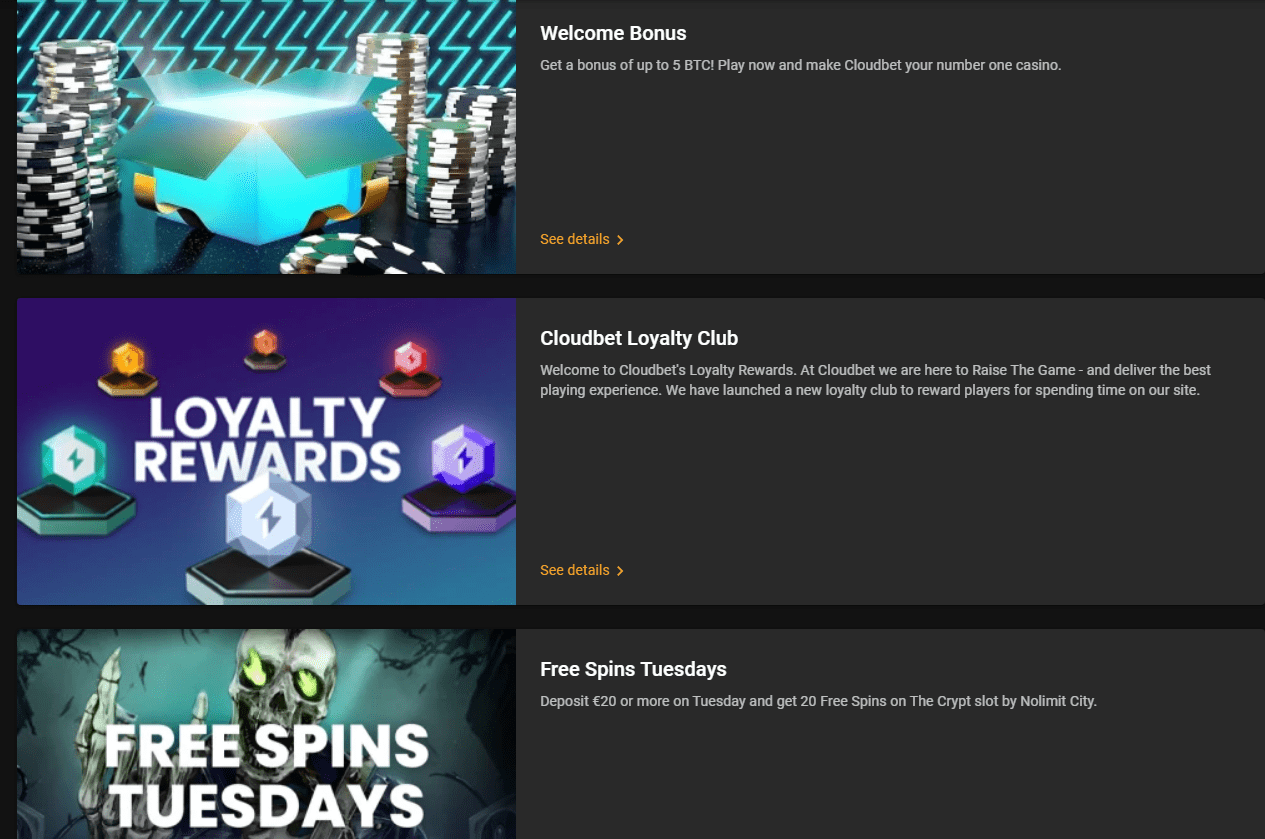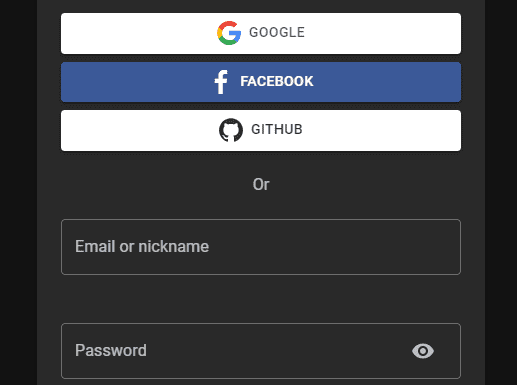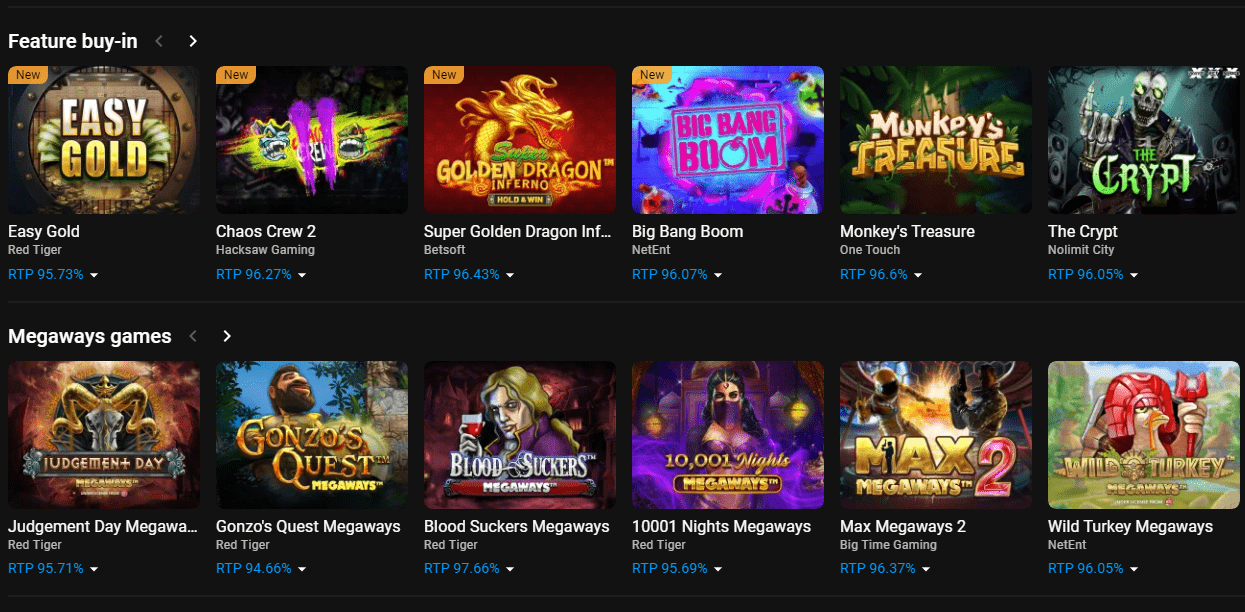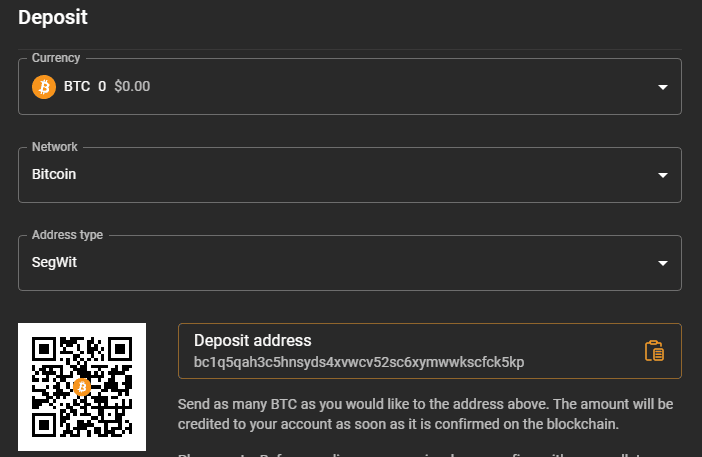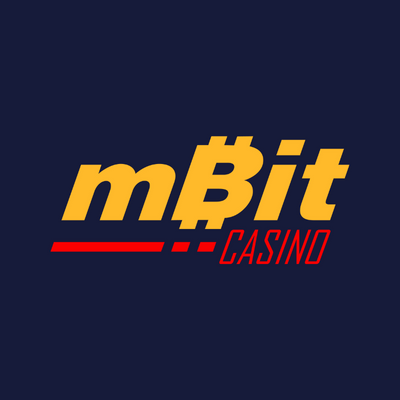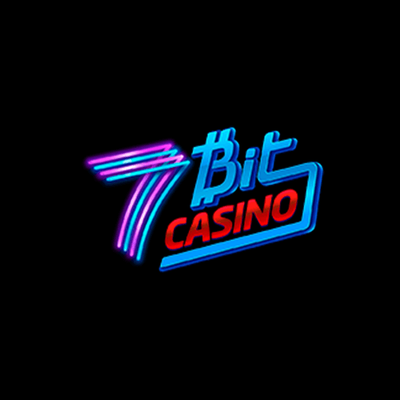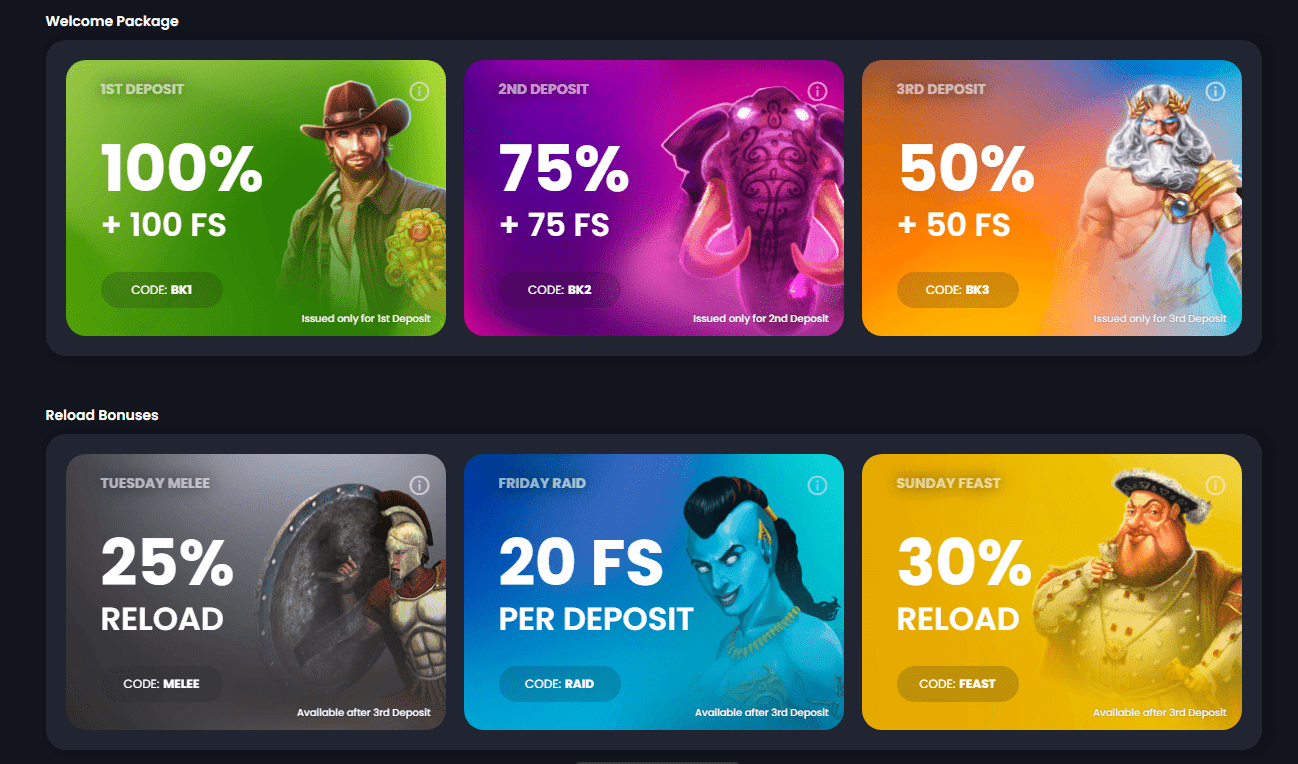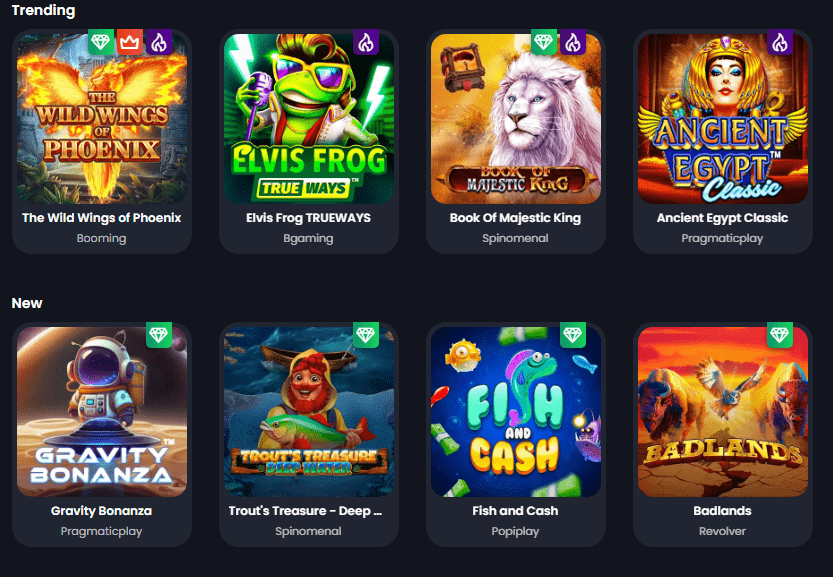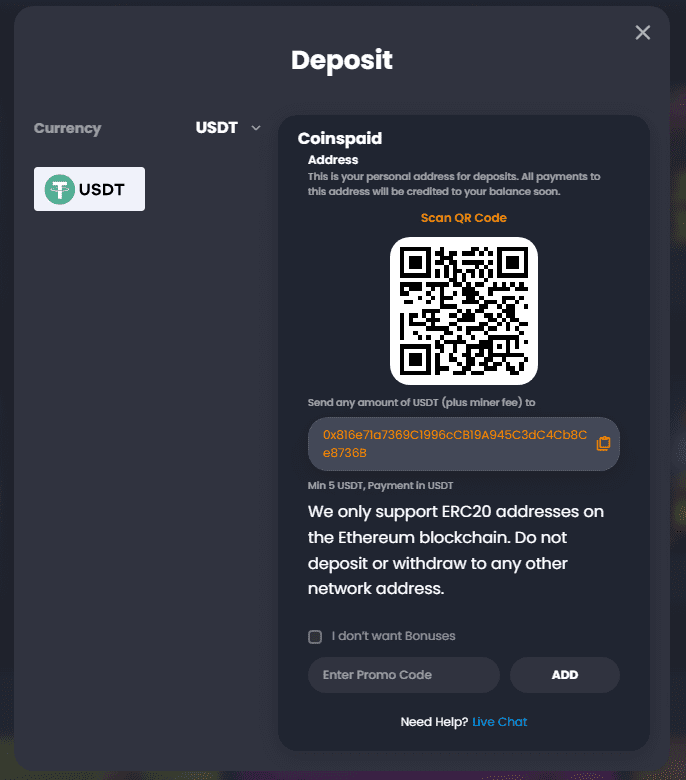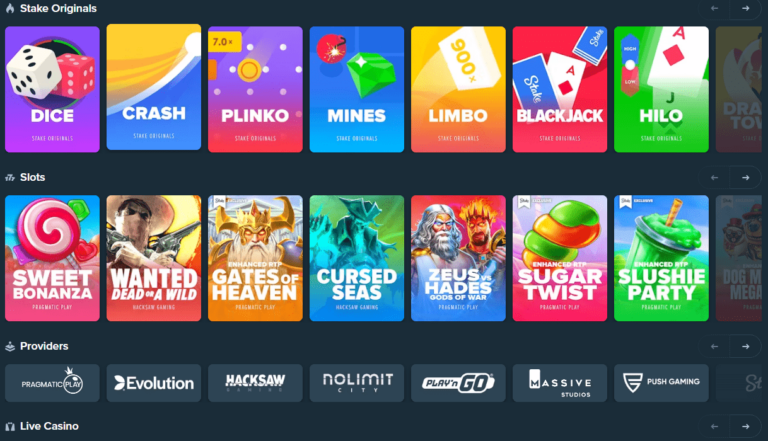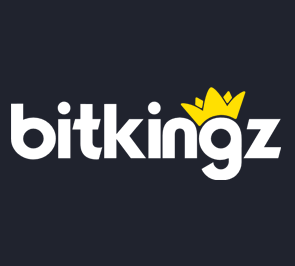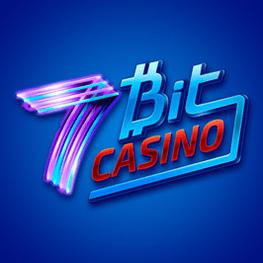iGaming stands at the intersection of online gambling, presenting itself through
websites and mobile apps. At its core, this sector offers users unrestricted access to online casinos,
breaking free from the constraints of location or time. Gamblers can indulge their interests wherever and
whenever they please.
Gaming, also known as Internet gambling, gained momentum in the 2000s due to technological progress and
widespread access to high-speed Internet. Nowadays it’s experiencing heightened productivity, marked by the
emergence of new websites, applications, and associated services. iGaming doesn’t
seek to replace traditional casinos; instead, it supplements them, offering players additional features and
options.
In the modern context, certain Web3 technologies possess the capacity to profoundly influence iGaming,
introducing a revolution that extends beyond gameplay to encompass user management and transaction security.
Cutting-edge web developments now facilitate the secure storage of player data, mitigating the risks
associated with hacking and other forms of manipulation. The incorporation of blockchain technology elevates
the security of online transactions, eradicating the necessity for intermediaries, cultivating trust among
clients, and paving the way for innovative possibilities. Additionally, decentralization simplifies
integration and communication across a spectrum of platforms, including online casinos.
Web3 not only presents unique possibilities for heightened security and reliability, but also instills a sense
of confidence regarding the safety of player’s personal data and financial transactions. Overall, the
potential of Web3 lies in enhancing the iGaming experience through advanced
technologies and robust security measures.


